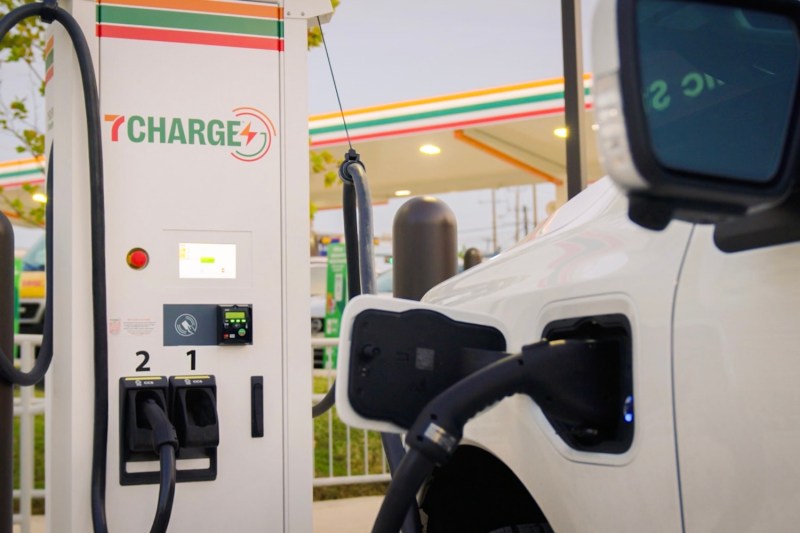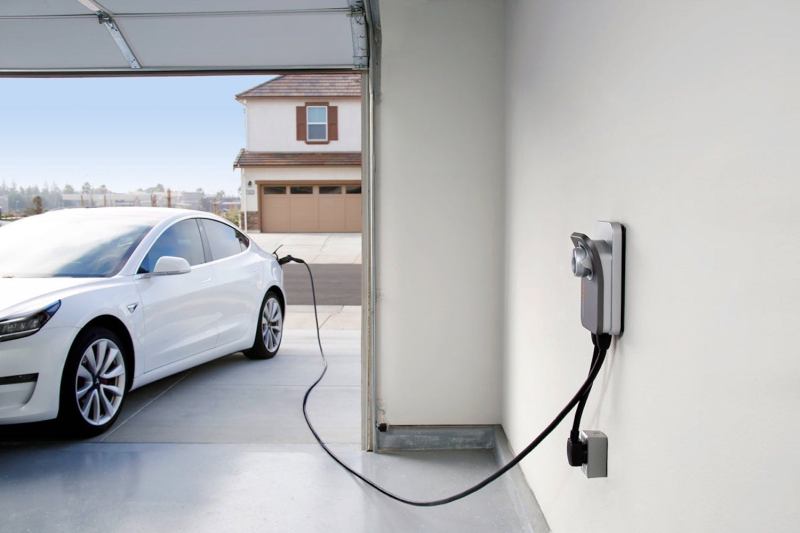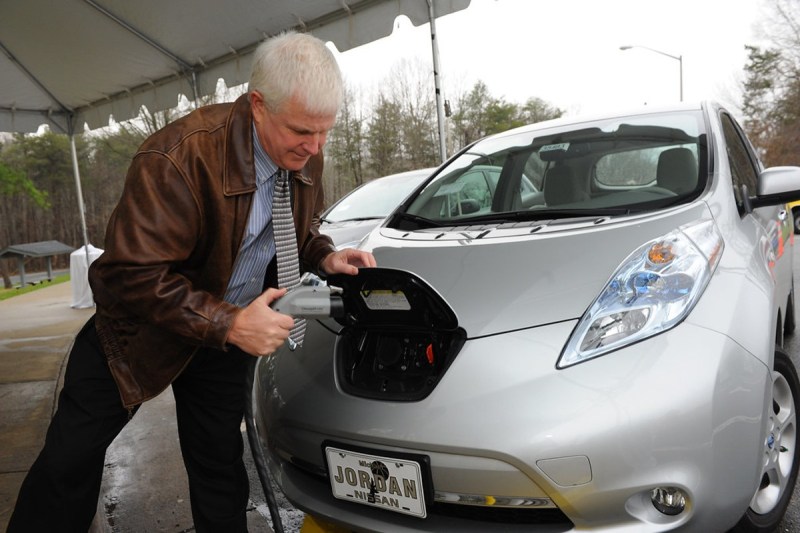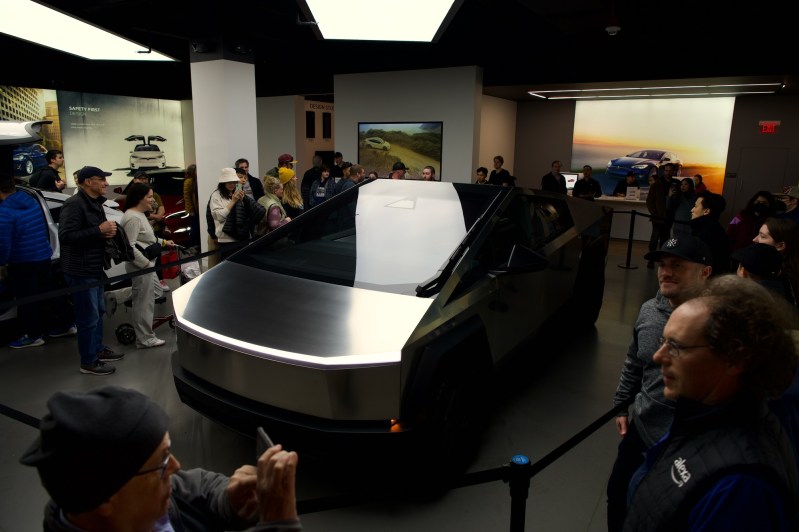
The U.S. government is trying to make it easier to buy electric vehicles. On January 19, 2024, The White House issued a fact sheet that listed new programs to lower the cost of buying EVs and to build the EV charging infrastructure nationwide.

Why government subsidies for electric cars matter
The three most frequent buyer concerns about electric cars are:
- Vehicle cost
- Driving range
- Charging availability
The new federal programs address cutting the costs of buying EVs and increasing the charging infrastructure in homes and public charging stations. It’s up to automakers to increase EV driving range. Without government subsidies, the transition from internal combustion engines (ICEs) to electric cars will take much longer and possibly stall for years, adding to environmental damage and extending the pain of the automotive industry’s inevitable switch to cleaner fuels.

New and recent government subsidies for EVs
The following recently announced and enacted EV subsidies add to or improve several existing programs. Many states and some municipalities have additional ways to support EV adoption.

EV charging tax credit
The Departments of Treasury and Energy published census tract maps to clarify areas where individuals and businesses can receive tax credits of up to 30% of the cost of installing EV chargers in homes and businesses. According to The White House, about two-thirds of Americans live in areas where the tax credit is available.
EV charging industry foundation awards and grants
The Departments of Transportation and Energy announced $46 million in grants to improve public charging stations’ reliability, extend charging networks, further EV technology research, and support workforce development for charging network installation and maintenance.

Existing EV charger repair and replacement grants
The Department of Transportation announced almost $149 million available as grants to repair and replace approximately 4,500 existing but non-operational EV chargers.
EV research and development grants
Communities and industries can apply for more than $131 million in funds to develop zero-emissions vehicles and mobility. Almost $32 million is available to improve charging networks in underserved communities and provide consumer information on EVs and charging.

Federally funded EV charging stations
The National Electric Vehicle Infrastructure (NEVI) program has $2.4 billion to open federally funded charging stations nationwide. NEVI-funded chargers are already online in Ohio, New York, and Pennsylvania. Maine and Vermont have also started to build charging stations with the same program.
EPA clean school bus grants
The Environmental Protection Agency (EPA) announced an additional $1 billion for 280 school districts in 37 states to buy 2,7000 electric and low-emissions school buses. This funding adds to the $2 billion awarded for about 5,000 clean school buses.
EV charging and fueling infrastructure grants
The Department of Transportation recently announced $623 million to expand the nationwide network of publicly accessible charging stations by increasing availability where necessary and deploying charging networks in areas without public chargers.

Point-of-sale tax credits at dealers
As of January 1, 2024, buyers eligible for tax credits can receive, upfront at the dealer’s, up to $7,500 off the price of a new eligible EV and up to $4,000 off the cost of an eligible used EV. The vehicles must be on approved lists for the credits, and buyers cannot receive up-front credits that exceed their income tax liability for the year.



